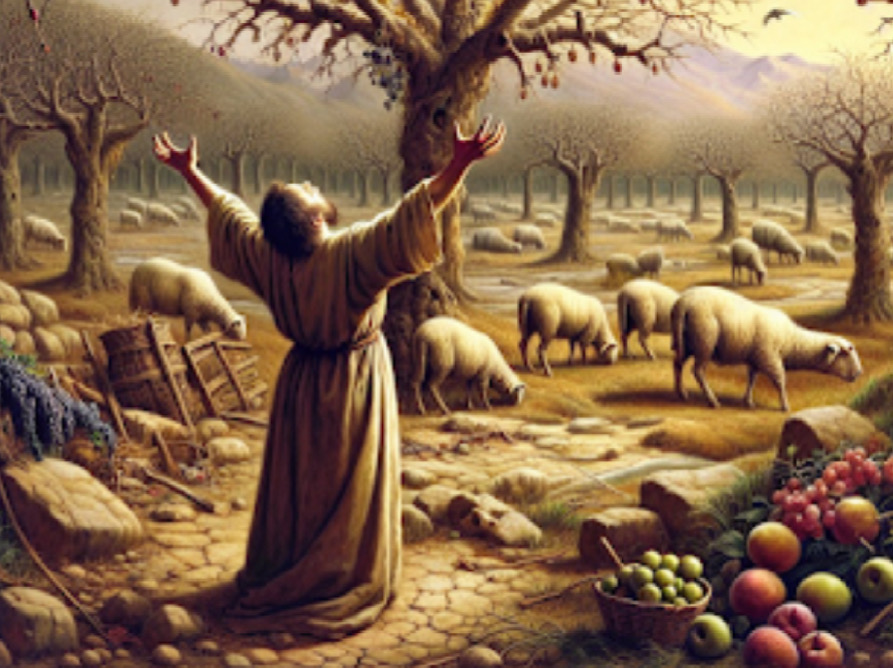Lessons from the Book of Habakkuk and What It Teaches Us About God’s Justice

SHARE
The Book of Habakkuk, one of the twelve minor prophets in the Old Testament, presents a conversation between the prophet and God that deals with deep questions of faith, justice, and the apparent triumph of evil. Written during a turbulent time for Israel, Habakkuk’s questions about God’s justice and the suffering of the righteous resonate deeply with anyone grappling with similar issues today.
In the opening verses of Habakkuk, the prophet expresses his confusion and frustration at the state of the world. He sees violence, injustice, and suffering among God’s people, and he wonders why God seems silent in the face of evil. In Habakkuk 1:2, Habakkuk’s complaint mirrors the frustration many feel when facing injustice or evil that seems unchecked by God.
Habakkuk’s struggle highlights a universal issue: when bad things happen to good people, we often ask why God doesn’t intervene. The prophet’s raw honesty in bringing his concerns before God in times of distress. God welcomes this, as long as they come from a place of seeking understanding, not from a heart of rebellion.
God responds to Habakkuk’s lament in a powerful way. He acknowledges the injustice but reveals that His judgment is coming. He tells Habakkuk that He will use the Babylonians, a ruthless and violent nation, to bring justice to Israel (Habakkuk 1:6). This response is perplexing to Habakkuk, as it seems counterintuitive for God to use a wicked nation to punish His own people.
However, God’s answer reveals a key lesson: His justice is often not understood in human terms. His methods are higher and more far-reaching than we can imagine. In Habakkuk 2:3, God assures Habakkuk that justice will come at the appointed time, even if it doesn’t align with immediate human expectations.
One of the most significant teachings from Habakkuk comes in the second chapter. As God reveals that the righteous will live by faith (Habakkuk 2:4), He is calling His people to trust in His justice, even when circumstances seem to suggest otherwise. Habakkuk is reminded that human understanding is limited, but God’s plan is sure and will unfold in His perfect timing.
The prophet ends his dialogue with God in worship, acknowledging God’s sovereignty and expressing his trust in God’s plan. Despite the uncertainty and confusion, Habakkuk chooses to praise God for His faithfulness and justice (Habakkuk 3:17-18).
The Book of Habakkuk offers profound insights into how we should view God’s justice in a world filled with evil and suffering. It teaches us that while we may not always understand God’s ways, we are called to trust in His perfect judgment and timing. Habakkuk’s journey from confusion to faith shows that God’s justice will prevail, even when it is not immediately evident.
*Cover Photo/Thumbnail Photo from bibleart.com
RELATED ARTICLES

ISSA Introduces New Artistic Chapter with Latest Release “Alaala”

Smartwatch-Level Performance for Real-World Movement: The HUAWEI Band 11 Series Elevates the Band Experience for as Low as PHP 2,399

Mark Wahlberg and Jonathan Roumie on Faith That Calls for Sacrifice

HUAWEI Mate 80 Pro and WATCH GT Runner 2 Coming to the Philippines in April








